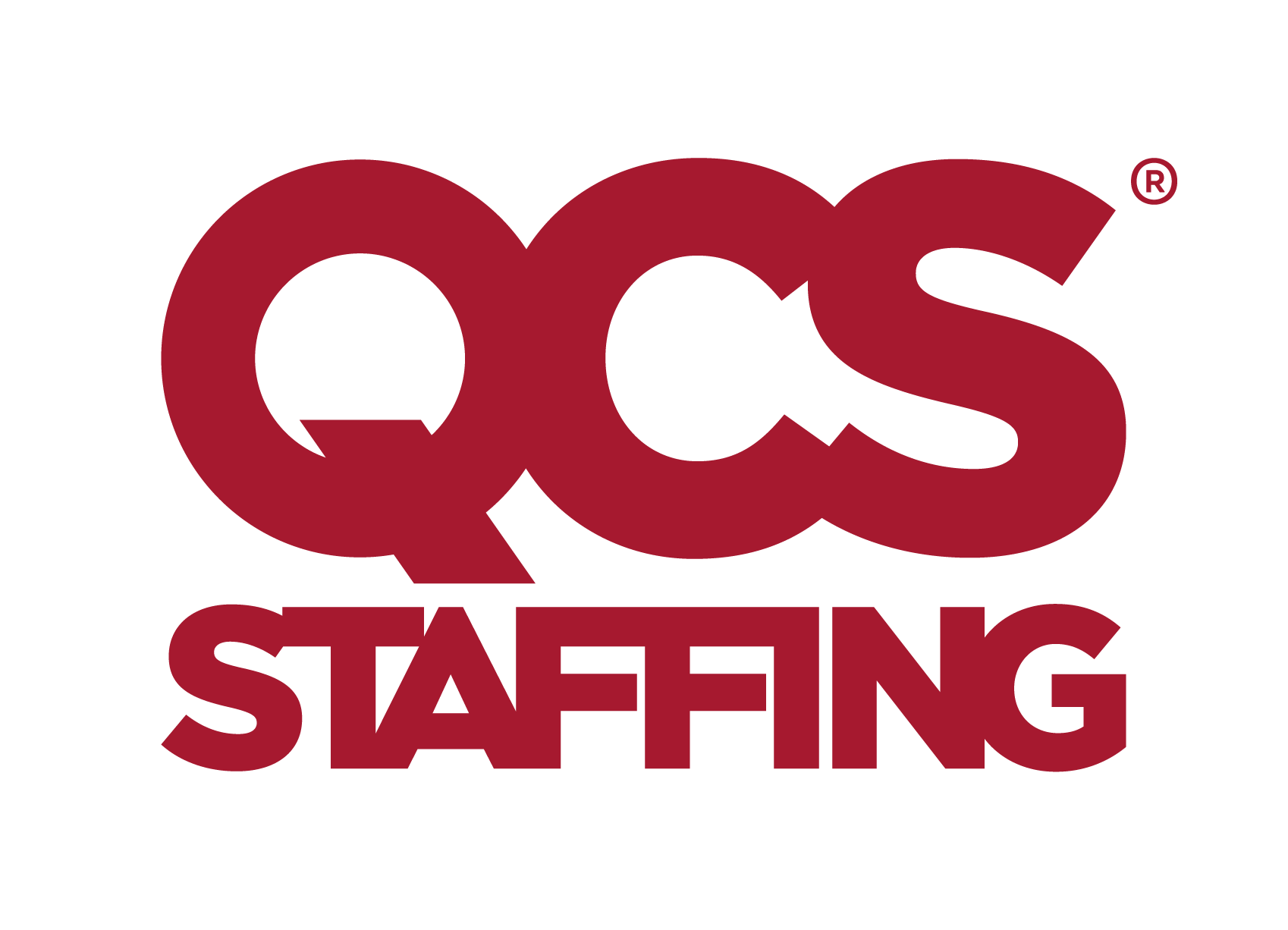What is a crane operator and how can you become one?
There is no plot twist here. A crane operator is quite simply someone who operates a crane. But that’s not to say it’s simple. In this line of work, you’ll be responsible for lifting and moving materials around a site, maintenance of the machinery and, most importantly, safety.
There’s no set career path for crane operators. You can work your way up and gain certificates for heavier cranes or stick with smaller machines. You can operate mobile cranes which take you to new sites every day or specialise in tower cranes where you’ll be based on one project for several months. And you can choose local jobs or accept contracts that take you to exotic locations.
In summary, there’s something for everyone in this role. Let’s delve a little deeper into what a crane operator does and how you can become one:
Qualifications and certificates
The crane market was recently valued at $40.13 billion and as the population grows and increases the need for commercial and residential structures, as well as offshore wind farms, so does the demand for skilled employees who can operate cranes. So what qualifications do you need to land a job in the market?
Every employer will ask for a crane licence, such as the Construction Plant Competency Scheme (CPCS) licence. This qualification teaches the essentials skills and it takes you through health and safety training. To be fit to work you’ll also need to have an examination from a doctor and a medical certificate which can last between one and two years.
Because a crane operator job is so varied, some employers will ask for additional qualifications. Those in the wind industry, for example, will ask for a GWO (global wind organisation) certificate. Each country and project will have a different governing body setting regulations, which is why many people choose to work with a recruitment agency that has the industry knowledge and experience placing candidates around the world.
Your career background
Crane operators come from different backgrounds, including the Army. Often, they’ll gain experience operating heavy machinery during their service. It is also a career that is well suited to ex-Armed Forces personnel because it’s methodical and organised. Another area people come from is the construction industry where they’ll have worked on industrial projects, with smaller machinery.
Demand for heavy-lift crane operators is ramping up too. Heavy lift refers to any machinery that is over 100 tonnes and some operators will control cranes that are over 500 tonnes. To work with specialised equipment like this you’ll need previous experience on smaller cranes in order to prove that you’re both capable and confident.
Is it the right job for you?
If you’re hands-on and like a job that keeps you busy, then a crane operator could a perfect match for you. The role demands someone who is eager to get the job done and complete it to a high standard. You’ll also need to be physically fit and have good hand-eye coordination.
The level of autonomy will depend on the role. On each site, you’ll have a project manager who will give guidance and direction, while you’ll be in charge of making sure that everything you do is done safely and competently.
Essentially, you have your own little office when you’re operating a crane, but this doesn’t mean you’ll be working on your own. Crane operators need to be good communicators because each lift requires some back and forth with the slingers, banksmen, riggers, and supervisors.
Find your next crane operator job with QCS Staffing
The heavy lift division at QCS Staffing work with clients around the globe and have established a strong reputation for providing talented and trained people, both offshore and onshore. And with crane operators in such high demand around the world, this job is the perfect opportunity for people who want to explore a new country.
What makes us different is our candidate care. We’re with our candidates every step of the way, making sure they have the information they need. We work hard to bridge the gap between candidates and clients in the heavy lift market and we want to help you. Contact us to speak to a member of the team or browse our current heavy lift jobs.





.png?v=80a0421a8ae621e572ffffe39c6613df)
